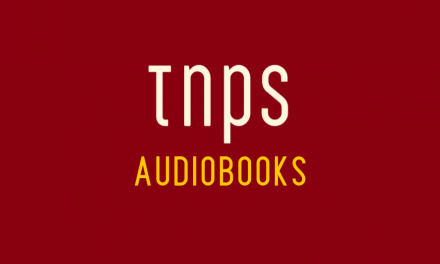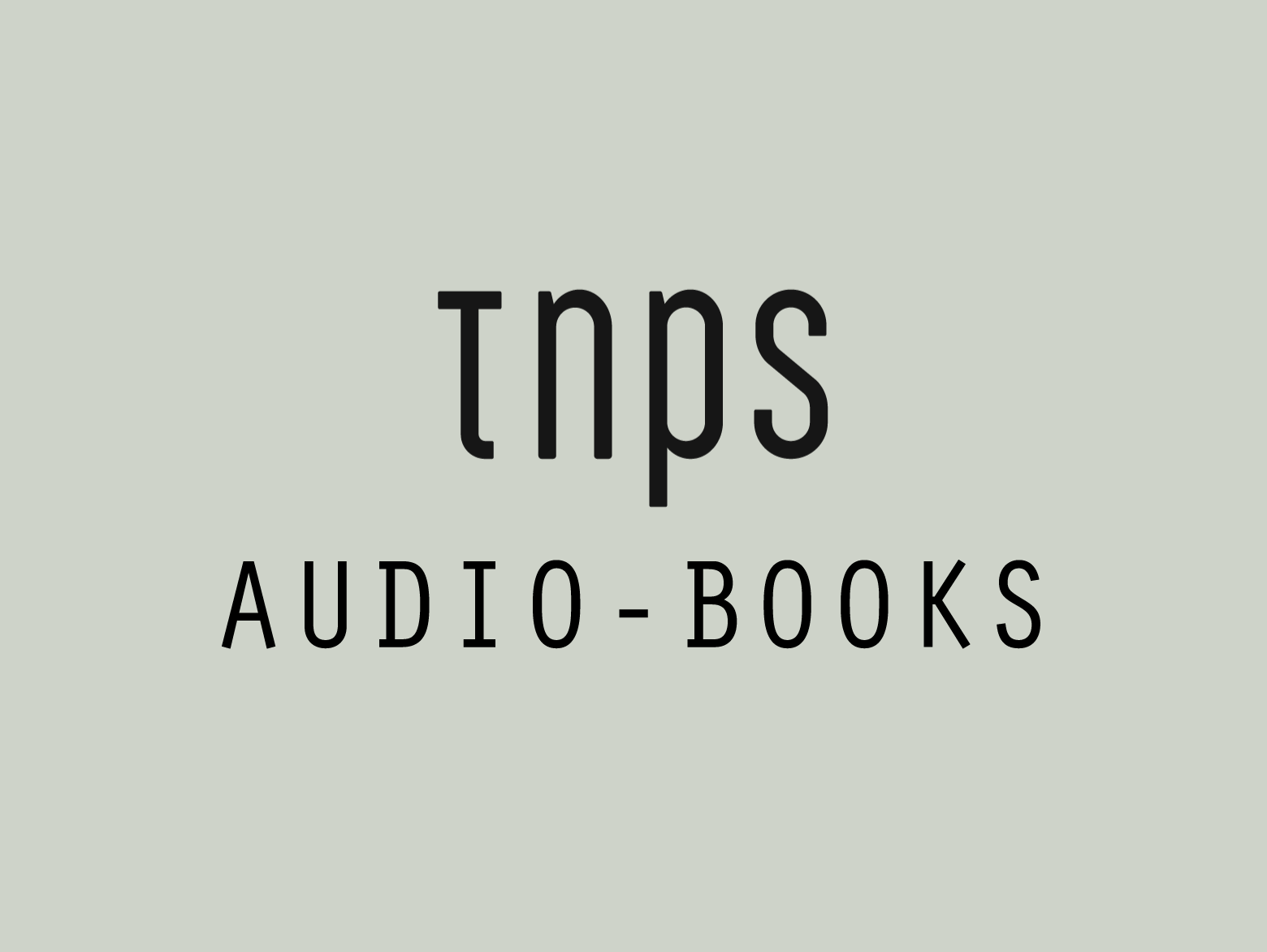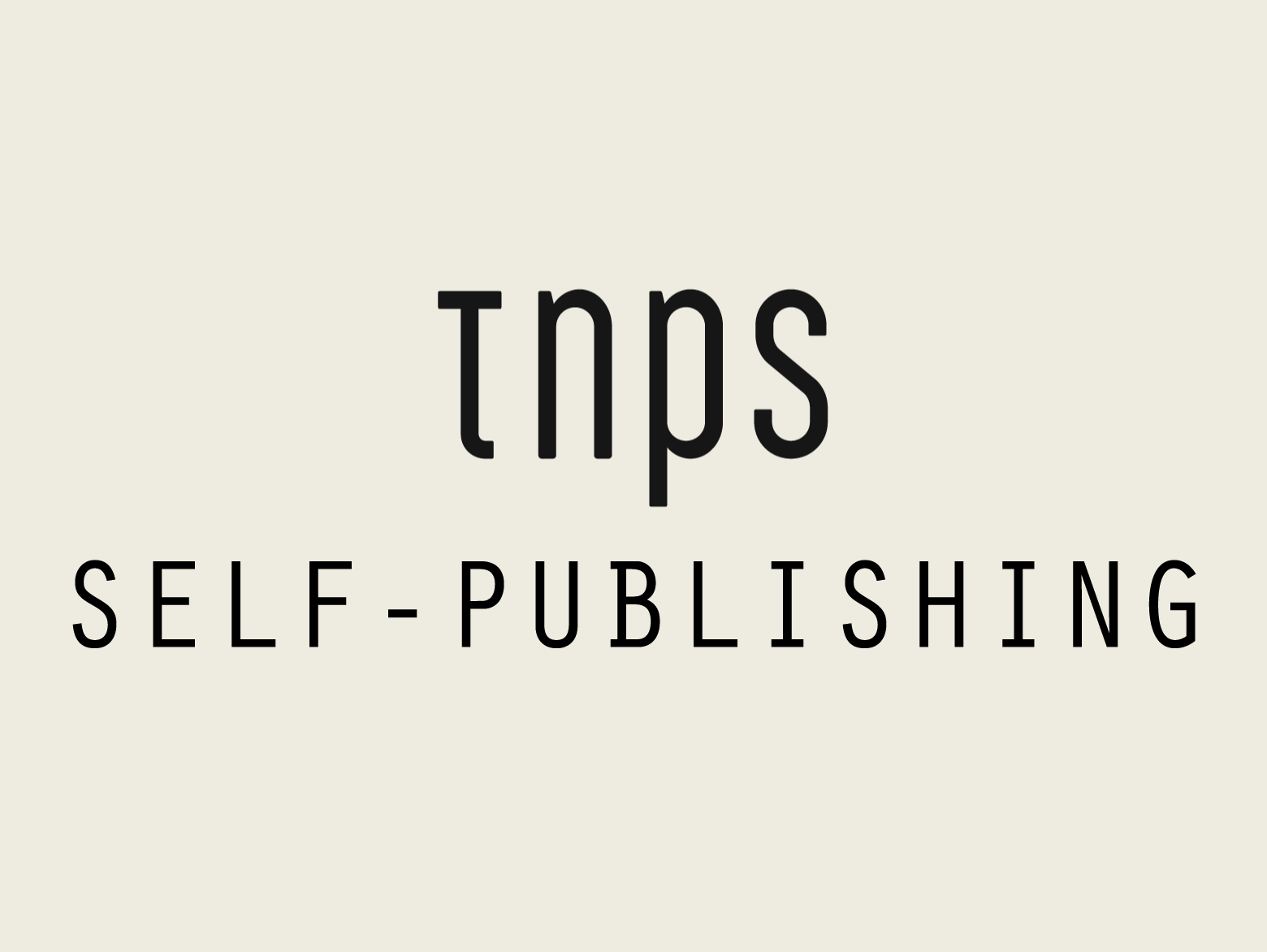We’ve heard it so many times its hard not to start believing it. Screen fatigue is driving consumers away from ebooks and audio is the only digital format worth the time of day.
And then, as regular as clockwork, along comes OverDrive with its annual results and demolishes the whole screen fatigue argument at a stroke, and also shows ebooks are comfortably holding their own against audiobooks when the price playing field is leveled.

These 2019 results are all the more remarkable given the Macmillan dispute with digital libraries, that saw Macmillan hold back frontlist titles, only to find librarians boycotting Macmillan ebooks in retaliation.
One wonders what the numbers might have been if Macmillan had not played rough last year?
Before getting to those numbers a reminder too that when we see the guestimates by Data Guy’s Bookstat and co. of the US and other digital book markets and are told how well (or badly) ebooks and audiobooks are doing, none of these OverDrive numbers – nor the numbers from any other digital libraries – are taken into account.
326 million digital downloads. Whatever happened to the attention economy?
Now that wouldn’t matter so much if we were talking a couple of hundred thousand downloads here and there, but even the smaller digital library distributors talk in millions, and when it comes to OverDrive we start talking about hundreds of millions.
326 million to be precise, which in the year of the Macmillan dispute, and in the era of screen fatigue, the attention deficit and too much Netflix, is a 20% rise on last year’s equally record-breaking numbers. And of course 2018 was a new record on 2017, and 2017 a new record on 2016, and…
Does anyone see a pattern emerging here?
Here’s how that 326 million digital downloads broke down by format:
- Way out in front, with 211 million downloads, were ebooks. That’s up 15% on 2018.
- Audiobook downloads rose an impressive 30%, but with “only” 114 million downloads, so a long way to go to equaling the popularity of ebooks.
At which point it’s worth ramming home the fact that at an OverDrive library there is no price difference between ebooks and audiobooks at the front end.
One might think, if ebooks and audiobooks were similarly priced – or in this instance free – then, given how we are constantly told audiobooks are the only show in town, OverDrive audiobooks downloads would soar ahead of ebook downloads. Yet ebooks proved almost twice as popular as audiobooks, even on a level playing field with price friction eliminated.
It’s a global phenomenon, not just the USA. Stunning numbers from Singapore
Now let’s take a step back and see the global picture, because OverDrive, while based in the USA, is the foremost global digital libraries content provider.
In 2019 no fewer than 73 digital libraries in five countries had over one million checkouts each.
- Of those 22 saw more than 2 million checkouts.
- Five had over 3 million checkouts.
- Four had over 4 million checkouts.
- Five had over 5 million checkouts.
- One had over 6 million checkouts.
The Toronto Public Library took the crown in 2019 with 6.6 million digital downloads, while the Los Angeles Public Library just missed the 6 million mark, with 5.9 million downloads.
But the big surprise is the Singapore National Library Board which left countries like Australia and the UK in the dust, with 4.2 million downloads. Not bad for a country of just 5.8 million people.
The OverDrive press release also tells us that Germany’s Berlin Library was,
one of the fastest growing outside of the US (+184%) due to increased investment in an expanding catalog of English, German and other world language content.
OverDrive distributes its catalogue to 43,000 libraries and schools in 76 countries.
But is there a cloud on the horizon?
On Christmas Eve it was announced that OverDrive, currently owned by Rakuten (in which name the press release is issued), had agreed a sale to the private equity firm KKR.
Quite why 6.30 PM on Christmas Eve was chosen to break the news that KKR had acquired OverDrive is a matter of considerable speculation, but thus far no meaningful answers have been forthcoming.
KKR will of course have been aware of the pending numbers when it signed the deal with Rakuten, and of course Rakuten will have known these numbers were what it was electing to do without in the future.
Given KKR’s other digital media interests, the latest OverDrive numbers lend weight to the deal being good news for KKR and therefore hopefully for OverDrive.
But these same numbers raise the bar on the bigger question. If Rakuten is still committed to digital books, why would it want to offload OverDrive when it is performing so well?
To ditch OverDrive at this juncture strongly suggests Kobo will not be far behind, and likely negotiations are already underway behind closed doors.






Trackbacks/Pingbacks